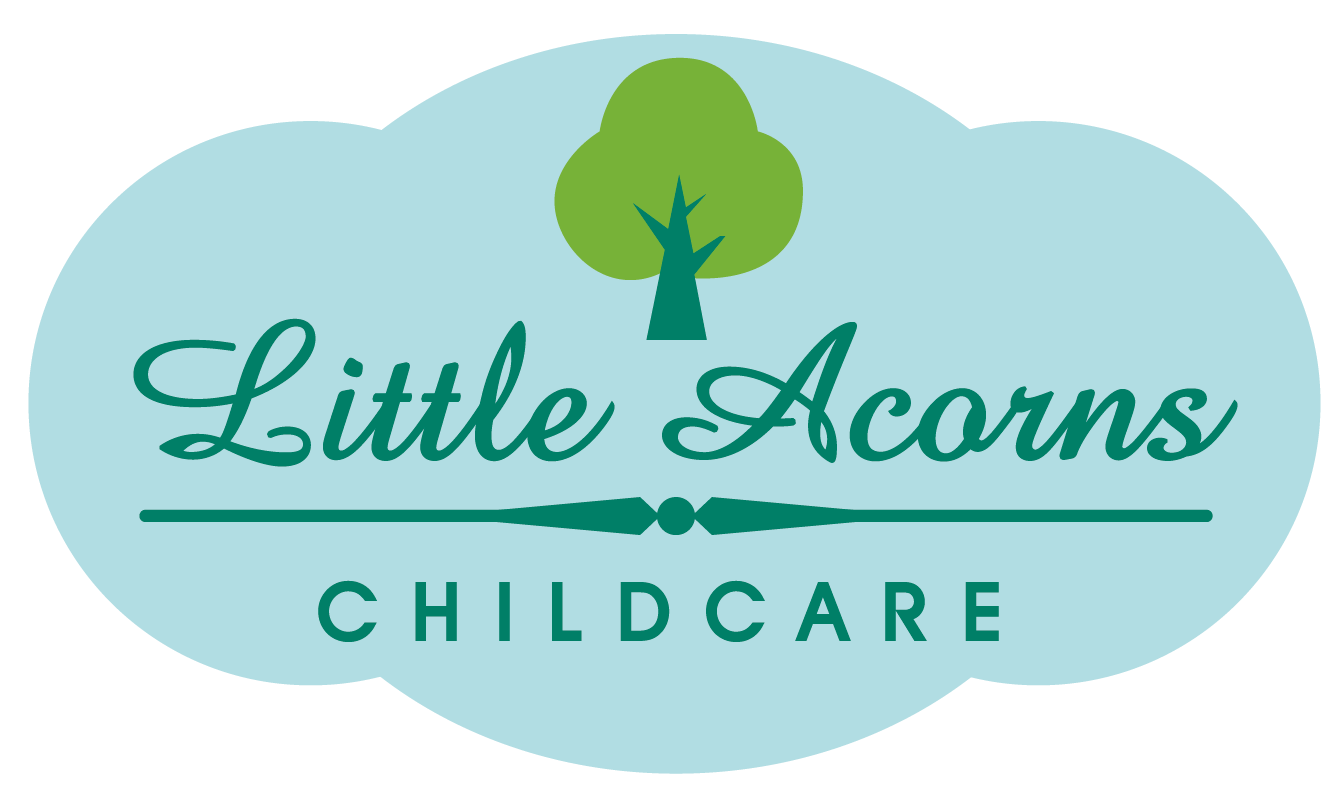The purpose of this policy statement is to:
• ensure the safety and wellbeing of children and young people is paramount when adults, young people or children are using the internet, social media or mobile devices
• provide staff and volunteers with the overarching principles that guide our approach to online safety
• ensure that, as an Early Years Setting, we operate in line with our values and within the law in terms of how we use online devices.
The policy statement applies to all staff, volunteers, children and young people and anyone involved in Little Acorns Childcare activities. This policy has been drawn up on the basis of legislation, policy and guidance that seeks to protect children in England. Summaries of the key legislation and guidance are available on:
Protecting children from online abuse | NSPCC Learning
Protecting children from bullying and cyberbullying | NSPCC Learning
Child protection system in the UK | NSPCC Learning
We believe that:
• children and young people should never experience abuse of any kind
• children should be able to use the internet for education and personal development, but safeguards need to be in place to ensure they are always kept safe.
We recognise that:
• the online world provides everyone with many opportunities; however, it can also present risks and challenges
• we have a duty to ensure that all children, young people and adults involved in our organisation are protected from potential harm online
• we have a responsibility to help keep children and young people safe online, whether they are using Little Acorns Childcare’s network and devices
• working in partnership with children, young people, their parents, carers, and other agencies is essential in promoting young people’s welfare and in helping young people to be responsible in their approach to online safety
• all children, regardless of age, disability, gender reassignment, race, religion or belief, sex or sexual orientation, have the right to equal protection from all types of harm or abuse
Find out more about:
Safeguarding children from Black, Asian and minoritised ethnic communities | NSPCC Learning
Safeguarding d/Deaf and disabled children | NSPCC Learning
Safeguarding LGBTQ+ children and young people | NSPCC Learning
Children with special educational needs and disabilities (SEND) | NSPCC Learning
We will seek to keep children and young people safe by:
• providing clear and specific directions to staff and volunteers on how to behave online through our behaviour code for adults
• supporting and encouraging the young people using our service to use the internet, social media and mobile phones in a way that keeps them safe and shows respect for others
• supporting and encouraging parents and carers to do what they can to keep their children safe online
• developing clear and robust procedures to enable us to respond appropriately to any incidents of inappropriate online behaviour, whether by an adult or a child or young person
• reviewing and updating the security of our information systems regularly
• ensuring that usernames, logins, email accounts and passwords are used effectively
• ensuring personal information about the adults and children who are involved in our organisation is held securely and shared only as appropriate
• ensuring that images of children, young people and families are used only after their written permission has been obtained, and only for the purpose for which consent has been given
• providing supervision, support and training for staff and volunteers about online safety
• examining and risk assessing any social media platforms and new technologies before they are used within the organisation.
